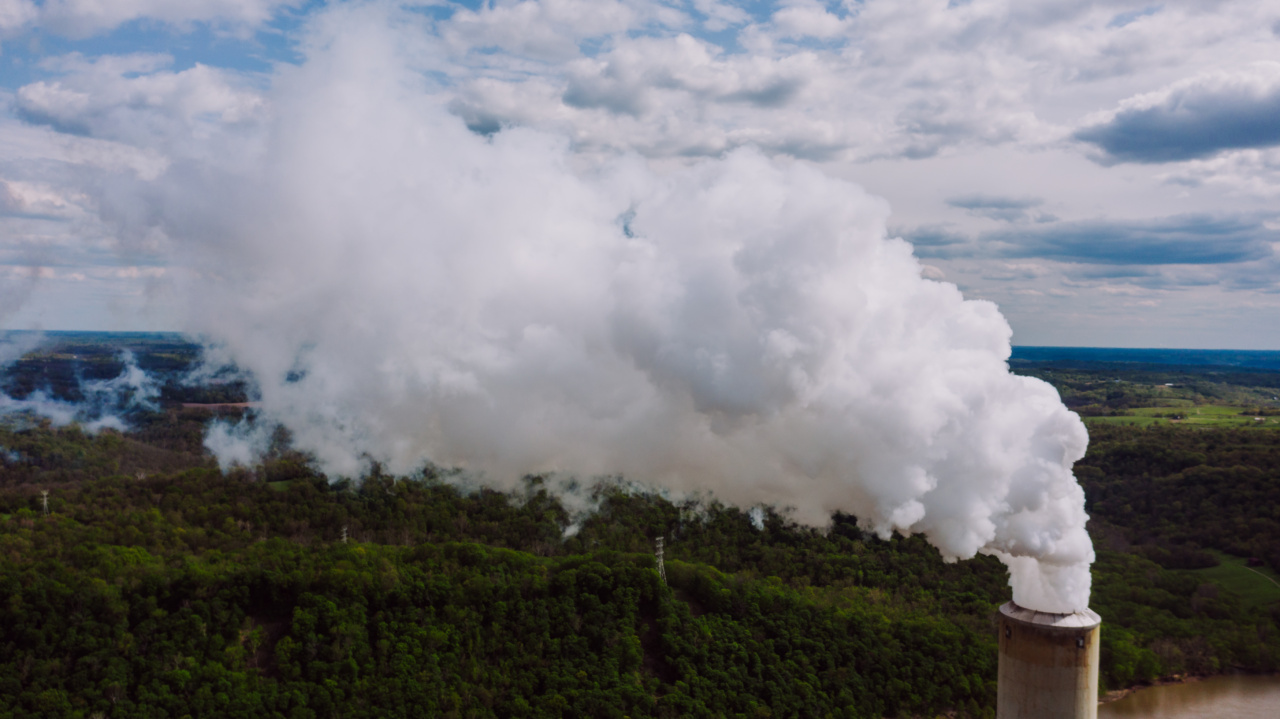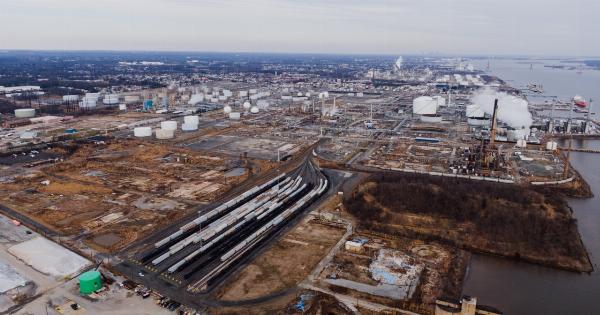Air pollution is a pressing global issue that requires immediate attention and action. The deterioration of air quality is causing severe health, environmental, and economic repercussions.
It poses a significant threat to human health, particularly in urban areas where pollutants are concentrated.
Health risks associated with air pollution
The adverse health effects of air pollution are extensive and well-documented.
Fine particulate matter (PM2.5), nitrogen dioxide (NO2), ozone (O3), and sulphur dioxide (SO2) are some of the common air pollutants that have detrimental impacts on respiratory health. Prolonged exposure to these pollutants can lead to respiratory diseases such as asthma, bronchitis, and even lung cancer. Furthermore, air pollution has been linked to cardiovascular problems, neurological disorders, and adverse pregnancy outcomes.
Environmental impacts of air pollution
Air pollution not only affects human health but also places a burden on the environment. Emissions from industrial activities, transportation, and the burning of fossil fuels contribute to the degradation of air quality and contribute to climate change.
The release of greenhouse gases, including carbon dioxide (CO2) and methane (CH4), contributes to global warming and leads to adverse weather conditions, rising sea levels, and the destruction of ecosystems.
Economic costs of air pollution
The economic costs associated with air pollution are substantial. The healthcare expenses incurred as a result of treating pollution-related illnesses are a significant burden on national healthcare systems.
Additionally, air pollution has a negative impact on productivity and economic growth. Studies have shown that productivity losses due to absenteeism, reduced cognitive function, and increased healthcare expenses outweigh the short-term economic benefits derived from polluting activities.
Sources of air pollution
Several human activities contribute to air pollution. Industrial emissions, particularly from factories and power plants, release large quantities of pollutants into the atmosphere.
Vehicle emissions, including those from cars, trucks, and airplanes, are also a major contributor to air pollution. Agricultural practices such as the burning of crop residues and the use of chemical fertilizers and pesticides release harmful gases into the air.
Finally, household activities like cooking with solid fuels and burning trash contribute to indoor and outdoor air pollution.
The role of governments and policies
To address the urgent need for air pollution control, governments must take the lead in implementing effective policies and regulations. Strict emission standards for industries and vehicles should be enforced to minimize pollution.
Encouraging the use of cleaner and renewable energy sources can significantly reduce air pollution from power generation. Implementing sustainable transportation systems, including promoting electric vehicles and developing efficient public transportation networks, can also help combat air pollution.
Individual actions to combat air pollution
While government intervention is crucial, individuals can also contribute to reducing air pollution. A shift towards sustainable practices such as using public transportation, carpooling, cycling, or walking can help minimize vehicle emissions.
Choosing energy-efficient appliances and reducing energy consumption at home reduces pollution from power plants. Proper waste management and recycling also play a vital role in reducing air pollution caused by burning rubbish.
Importance of international cooperation
Air pollution is not limited to national boundaries and requires international cooperation to address effectively. Sharing knowledge, best practices, and technologies for air pollution control can help nations tackle this global challenge collectively.
Collaboration between countries can lead to the development and implementation of comprehensive strategies to reduce emissions. International agreements and frameworks, such as the Paris Agreement, provide a platform for countries to work together towards mitigating air pollution and combating climate change.
The need for public awareness and education
Public awareness and education initiatives are crucial in addressing air pollution.
Informing individuals about the health risks and environmental consequences of air pollution can drive behavioral changes and encourage the adoption of sustainable practices. Educational programs targeting schools and communities can raise awareness about the importance of clean air, promoting responsible actions and fostering a sense of environmental stewardship.
Investing in research and development
Investing in research and development plays a significant role in tackling air pollution. Continued scientific research can help identify emerging pollutants and their sources, allowing for targeted intervention.
Developing innovative technologies for cleaner energy production, pollution monitoring, and air purification can aid in combating air pollution. Government funding and support for research institutes and universities is essential for driving advancements in this field.
The long-term benefits of tackling air pollution
Tackling air pollution is not only crucial for immediate health and environmental benefits but also for future generations.
By reducing air pollution, we can prevent several respiratory and cardiovascular diseases, improve overall quality of life, and ensure a healthier population. Moreover, mitigating air pollution contributes to climate change mitigation, protecting ecosystems, and preserving biodiversity.
The transition towards clean and sustainable practices can drive economic growth, create employment opportunities in green industries, and reduce healthcare costs.






























